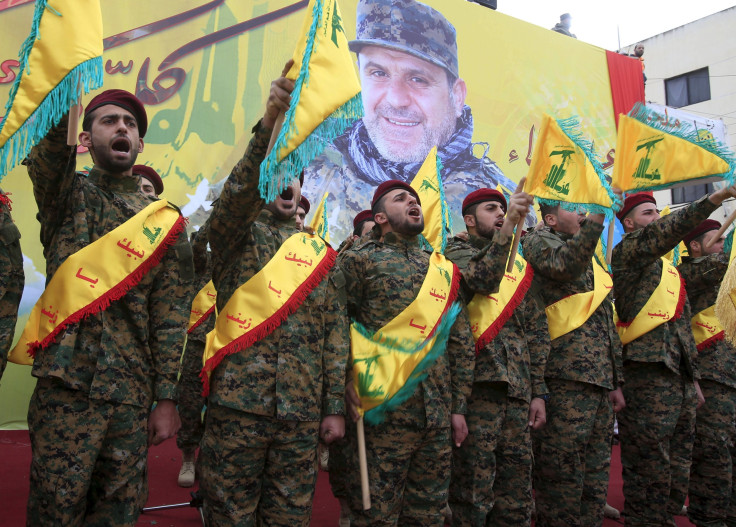Saudi Arabia Withdraws French Military Aid For Lebanon As Feud With Hezbollah Continues

As Saudi Arabia toughens its stance against Hezbollah, which it officially declared a terrorist group last week, Riyadh has reneged on $3 billion of French-supplied military aid promised for Lebanon. The aid program was halted last month in protest of Hezbollah's support of the authoritarian President Bashar Assad regime in Syria's five-year-long civil war and its interference inside Lebanon.
“We didn’t stop the contract. It’s just going to Saudi Arabia, not to Hezbollah,” Saudi Foreign Minister Adel al-Jubeir said at a news conference in Paris, according to a Defense News report Sunday. “We have a situation where Lebanon’s decisions have been hijacked by Hezbollah. The contracts will be completed, but the clients will be the Saudi military.”
Saudi Arabia, the wealthiest and most powerful military in the region, made the decision along with the six-member Gulf Cooperation Council, which also voted to apply economic sanctions against the group. Riyadh froze assets of the "terror" group, while also prohibiting dealings with certain companies and individuals that are accused of supplying Hezbollah with “material support to enhance the group’s military and terrorist capabilities,” claimed the Saudi Arabian government.
The move, which is designed to stifle Iranian-backed groups in the region, underscores how ties between Tehran and Riyadh have deteriorated rapidly since Saudi Arabia became heavily involved in the Syrian war over the last year. Relations hit a new low in January when Iranian protestors burned the Saudi Arabian embassy in Riyadh following the execution of a prominent Shiite cleric.
It marks the second time the gulf kingdom has effectively sanctioned Hezbollah, doing so first in 2013 for its armed intervention in Syria.
Saudi Arabia, along with allies Qatar and Kuwait, warned their respective nationals not to travel to Lebanon for safety reasons. The United Arab Emirates went one step further and banned its nationals from traveling to the country and reduced diplomatic relations in Beirut.
© Copyright IBTimes 2024. All rights reserved.












